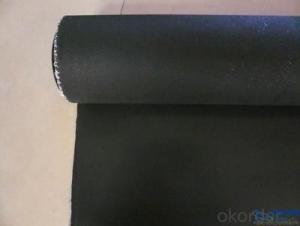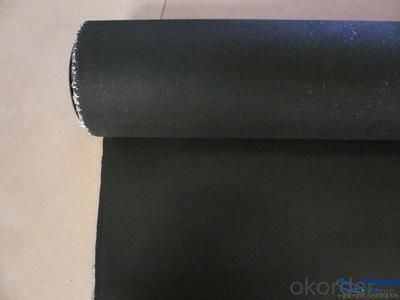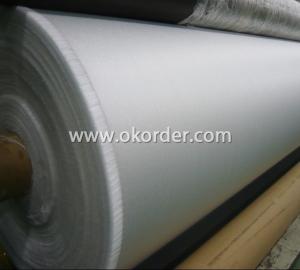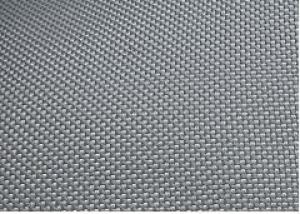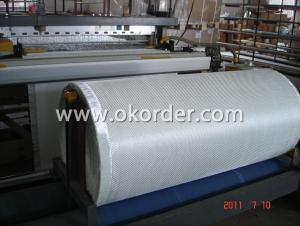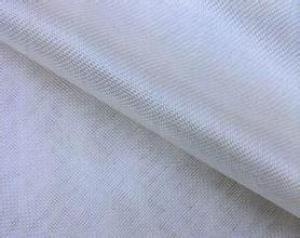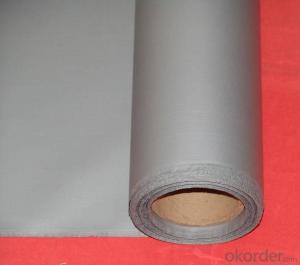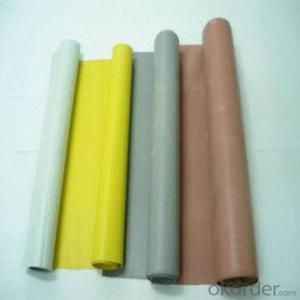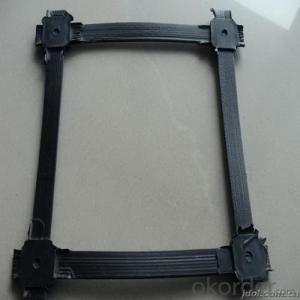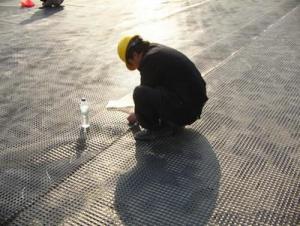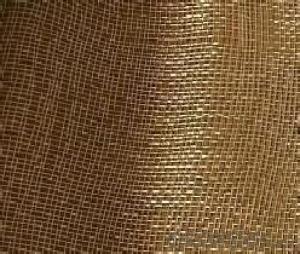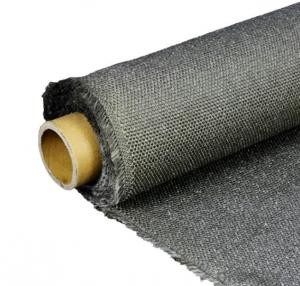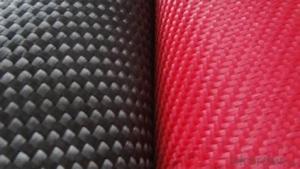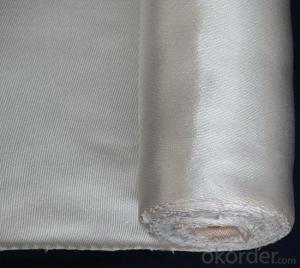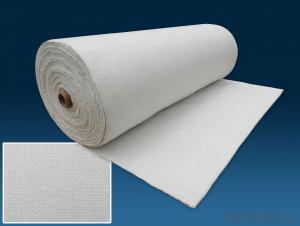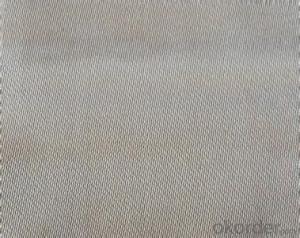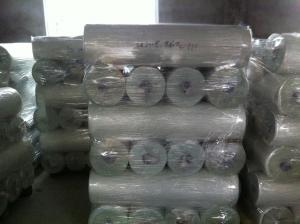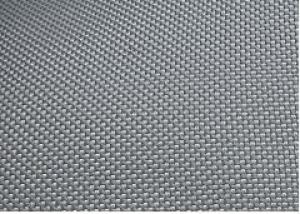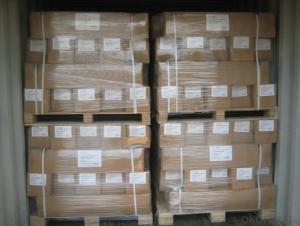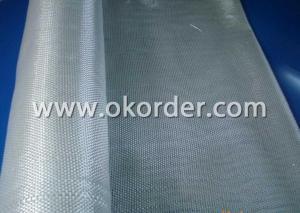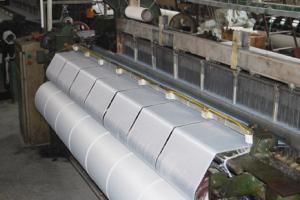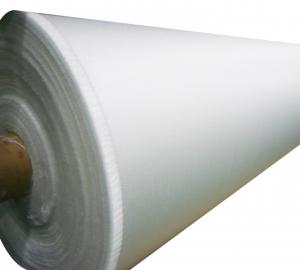Ptfe Coated e-Glass Fiber High Silica Cloth Sheet
- Loading Port:
- China Main Port
- Payment Terms:
- TT OR LC
- Min Order Qty:
- -
- Supply Capability:
- -
OKorder Service Pledge
Quality Product, Order Online Tracking, Timely Delivery
OKorder Financial Service
Credit Rating, Credit Services, Credit Purchasing
You Might Also Like
Quick Details
| Place of Origin: | Model Number: | Weight: | |||
| Width: | Length: | Thickness: | |||
| Density: | Use: | Style: | |||
| Feature: | Supply Type: | Yarn Count: | |||
| Material: |
Packaging & Delivery
| Packaging Detail: | we packed 100m as one roll, one roll packed with box |
| Delivery Detail: | 3 days after get the deposit |
Specifications
high silica fiber
1,300-1200g/m2
2,plain & Twill Woven
3,E-Glass
4,1000-2000mm
- Q: The main characteristics of aluminum foil composite glass fiber cloth
- Veneer more smooth, reduce the probability of surface damage of aluminum foil: glass fiber cloth aluminum foil cloth because of fine polyethylene, thick veneer more smooth surface of aluminum foil is not affected by the friction damage, so as to better play the function of water vapor barrier.
- Q: Can fiberglass fabrics be used for reinforcement in composites?
- Yes, fiberglass fabrics can be used for reinforcement in composites. Fiberglass fabrics consist of woven or knitted strands of glass fibers, which are known for their high tensile strength and stiffness. They are commonly used as reinforcing materials in composite manufacturing processes. Composites are materials made by combining two or more different materials to create a new material with enhanced properties. In composites, fiberglass fabrics are typically combined with a matrix material, such as epoxy resin, to form a strong and lightweight composite structure. The use of fiberglass fabrics as reinforcement in composites offers several advantages. Firstly, fiberglass fabrics are highly durable and have excellent mechanical properties, including high tensile strength and stiffness. This makes them suitable for applications that require high strength-to-weight ratio, such as aerospace, automotive, and marine industries. Additionally, fiberglass fabrics can be easily molded into complex shapes, making them versatile for various applications. They are also corrosion-resistant and have good thermal and electrical insulation properties. Furthermore, fiberglass fabrics can be tailored to meet specific design requirements by adjusting the fiber orientation, fabric weight, and resin system. This allows for the optimization of strength, stiffness, and other mechanical properties based on the intended application. In conclusion, fiberglass fabrics are commonly used as reinforcement in composites due to their high strength, lightweight nature, durability, and versatility. They offer numerous advantages and are an essential component in the manufacturing of strong and lightweight composite structures in various industries.
- Q: Can fiberglass fabric be used for geotextiles?
- Yes, fiberglass fabric can be used for geotextiles.
- Q: How does fiberglass fabric perform in shear strength?
- Fiberglass fabric exhibits outstanding performance in terms of shear strength. Its composition, consisting of intertwined glass fibers, grants it a remarkable ability to resist forces applied parallel to its surface. The interlocking fibers form a robust and inflexible structure, enabling it to withstand shear stresses and prevent any deformations or failures. Consequently, fiberglass fabric is highly suitable for applications where shear strength plays a crucial role, such as in the creation of lightweight, high-strength composites, the reinforcement of concrete, and the manufacturing of various industrial goods. Furthermore, the shear strength of fiberglass fabric remains largely unaffected by exposure to moisture, chemicals, or high temperatures, ensuring its durability and reliability across a wide range of applications.
- Q: How do fiberglass fabrics perform in terms of stretch or elasticity?
- Fiberglass fabrics are known for their low stretch and lack of elasticity. They generally have limited flexibility and do not stretch significantly when subjected to tension or pressure.
- Q: Can fiberglass fabric be used for making insulation boards or panels?
- Yes, fiberglass fabric can be used for making insulation boards or panels.
- Q: Magnesite material instability made sheds or greenhouse skeleton for a few years
- Part 1: basic requirements and testing methods of raw materials1, Magnesium Oxide quality standards and activity test Essentials2 、 quality requirements and effective content test of magnesium chloride3, glass fabric specifications and the alkali content determination method4, GX- SERIES V magnesite modified agent and using principles5, common inorganic filler selection principles and matters needing attention
- Q: Is fiberglass fabric easy to cut and sew?
- Yes, fiberglass fabric is relatively easy to cut and sew. Its thin and flexible nature allows for clean cuts and smooth sewing, making it manageable for various projects. However, it is important to take necessary precautions such as wearing appropriate protective gear and using sharp tools to ensure safety during cutting and sewing.
- Q: Is fiberglass fabric resistant to UV rays?
- Yes, fiberglass fabric is generally resistant to UV rays. It is known for its durability and ability to withstand prolonged exposure to sunlight without significant degradation or fading.
- Q: How is fiberglass fabric used in the sports and recreation industry?
- Fiberglass fabric is widely used in the sports and recreation industry due to its unique properties that make it an ideal material for various applications. One of the primary uses of fiberglass fabric in this industry is for the construction of sporting equipment such as boats, surfboards, and skis. In boat building, fiberglass fabric is commonly used to reinforce the structure of the hull, providing strength and durability. The fabric is impregnated with a resin, usually epoxy or polyester, which creates a rigid and lightweight composite material. This makes fiberglass boats highly resistant to impact, water damage, and corrosion, making them suitable for various water sports such as sailing, fishing, and water skiing. Similarly, fiberglass fabric is extensively used in the production of surfboards. The fabric is layered on a foam core, and a resin is applied to create a rigid and buoyant board. Fiberglass surfboards are known for their stability, responsiveness, and durability, making them popular among surfers of all skill levels. Another area where fiberglass fabric finds application is in the manufacturing of skis and snowboards. The fabric is used as a reinforcement layer on the core of the ski or snowboard, providing torsional rigidity and strength. This enhances the performance and stability of the equipment, allowing athletes to navigate through various snow conditions with ease and control. Furthermore, fiberglass fabric is utilized in the production of sports protective gear such as helmets, shin guards, and body armor. The fabric's high tensile strength, impact resistance, and lightweight nature make it an excellent choice for enhancing the safety of athletes. Fiberglass-reinforced helmets, for example, can absorb and distribute impact forces, reducing the risk of head injuries in contact sports like football and hockey. Overall, fiberglass fabric plays a crucial role in the sports and recreation industry by providing strength, durability, and performance-enhancing properties to various equipment and protective gear. Its versatility and ability to be molded into different shapes make it a preferred material for athletes and sports enthusiasts worldwide.
Send your message to us
Ptfe Coated e-Glass Fiber High Silica Cloth Sheet
- Loading Port:
- China Main Port
- Payment Terms:
- TT OR LC
- Min Order Qty:
- -
- Supply Capability:
- -
OKorder Service Pledge
Quality Product, Order Online Tracking, Timely Delivery
OKorder Financial Service
Credit Rating, Credit Services, Credit Purchasing
Similar products
Hot products
Hot Searches
Related keywords
